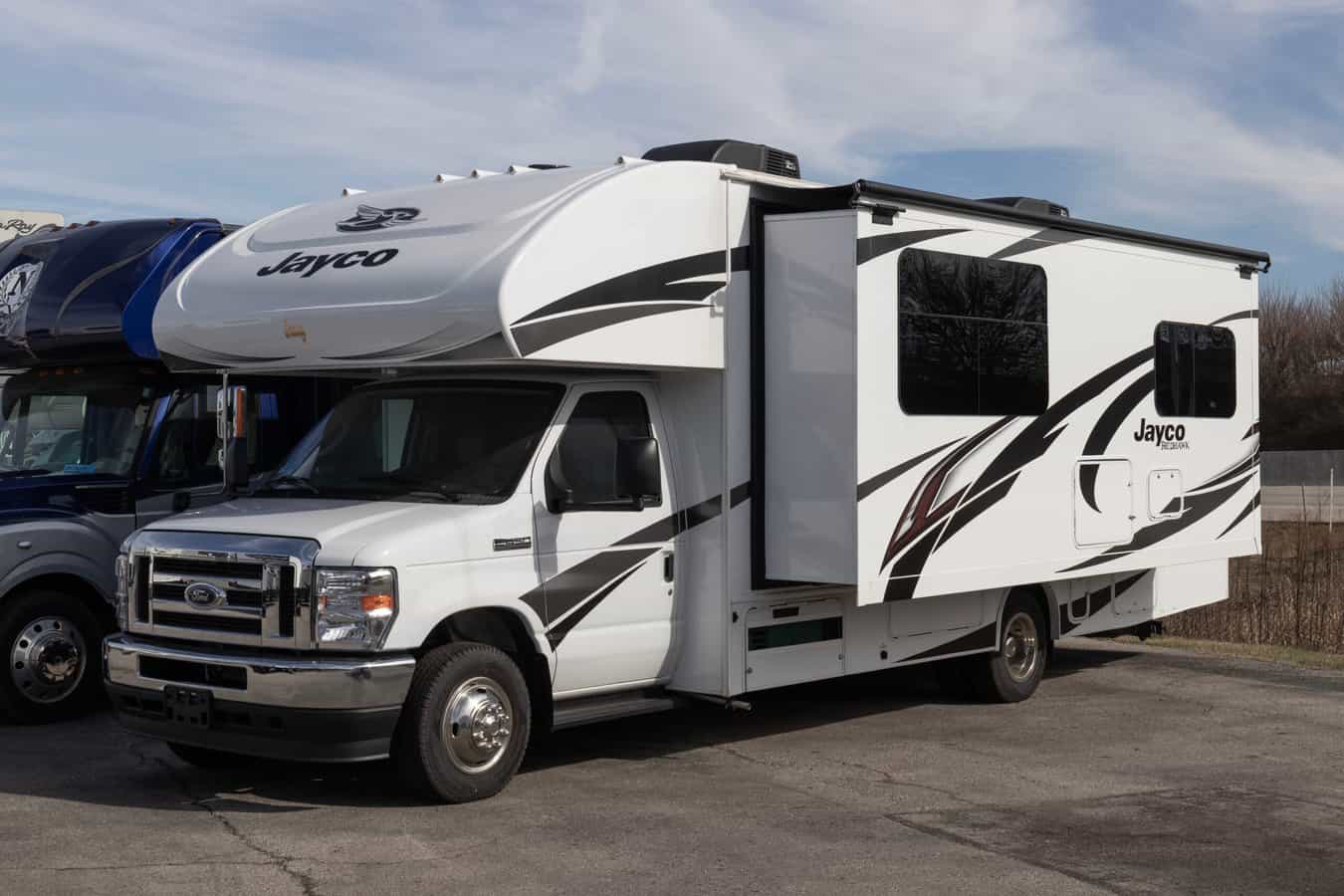
How To Find RV Recall Information
Many different companies supply various components that go into RVs. Human error and worn out machines are bound to let some defective parts slip by every now and again. Unfortunately, in the age of mass production, some defective parts may mean thousands.
Many defects are found early and even before they get installed in a new RV. Sometimes the error goes unnoticed until things start breaking out in the field. In the case of RVs, these issues can be everything from annoying to downright life-threatening. When these problems are discovered, companies are required to recall and fix the defective products that could cause harm.
The companies usually notify owners via mail about any recalls that happen. This is great, except people move, sell the RV, or mistake the letters for junk mail. If you want to maintain safe RV travels, it’s a good idea to be proactive and keep a lookout for any recalls regarding your rig. But how do you find them?
Where to find recall information
You can always start by going to your RV manufacturer’s website and looking for recall information there. You can also call their customer service line and ask them directly. Several government websites list current recall information on just about everything you can imagine too.
Recalls.gov has listings of recalls on everything from cosmetics to vehicles. It’s an easy site to remember too. The site does not list specific recalls. It’s more of a jumping-off point to get to various recall sites for specific types of products.
Nhtsa.gov is the site of the National Highway Traffic Safety Administration. This is the site that will allow you to search for recalls regarding your RV as well as tires. You can search using the VIN number or year, make, and model.
Rvsafety.com is a non-government site that lists recent RV recalls as well as RV tire recalls. They also have an RV education center with safety checklists and more.
Look before you buy
Before purchasing an RV, it is always a good idea to look into whether it has any recalls. If a recall was issued for the RV, your next step is to inquire if the problem has been fixed.
The easiest way to do this is to snap a photo of the VIN number while looking at the RV. It is usually located on a sticker either by the door or somewhere in the driver area of the motorhome. You can also ask a seller to give you the VIN number.
Once you have that number, you can go to nhtsa.gov and look up that specific RV. If a recalled part was repaired, there should be a record of it. The current owner should have paperwork for the fixed part. If they don’t, the manufacturer of the RV should have a record of the fix if you provide them with the VIN.
How to file a vehicle safety complaint
If there is an issue with your RV and you believe it is due to a defective part, other RVs of the same model could be affected by the problem as well. Even if you are unsure, it doesn’t hurt to file a report with the National Highway Traffic Safety Administration. By filing a complaint, you may be the person that kicks off an investigation that could save lives, depending on the defect.
To put it another way, NHTSA says,
“Reporting your problem is the important first step. Your complaint will be added to a public NHTSA database after personally identifying information is removed.
If the agency receives similar reports from a number of people about the same product, this could indicate that a safety-related defect may exist that would warrant the opening of an investigation.”
See our previous reports on recalls:




